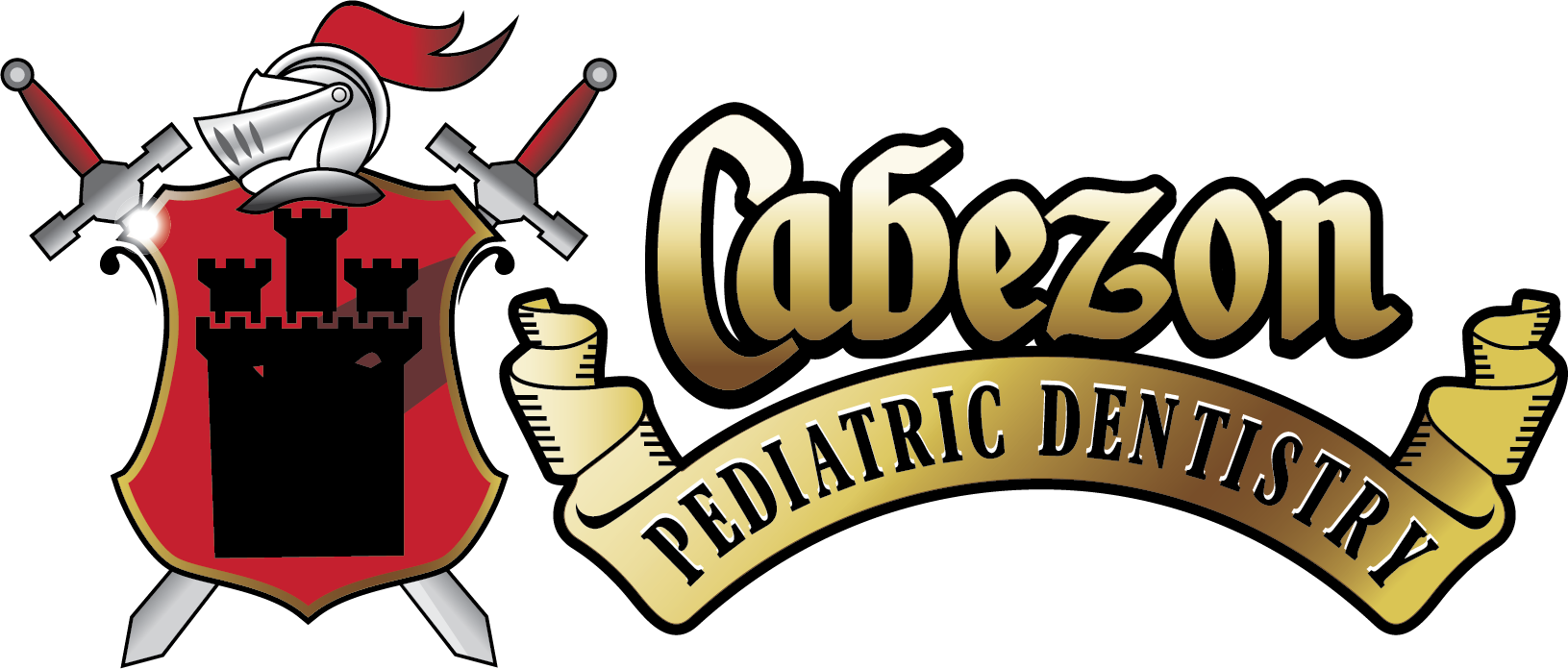Flossing: it’s maybe the most skipped step in everyone’s dental routine, especially children. It’s easy to forget about flossing until the next dentist appointment rolls around and you’re reminded of its importance. However, flossing on a daily basis is one of the most important parts of good oral hygiene. Helping children cement this habit early on can set them up for a lifetime of healthy teeth and gums. Try these tips if you’re teaching kids to floss and make it a fun and important part of their daily routine.
Start flossing when two teeth touch
Children’s mouths are constantly developing, making it crucial to start flossing as soon as they have two teeth that touch. This early intervention helps prevent cavities from forming in hard-to-reach areas between teeth, where bacteria can thrive and lead to decay. Flossing also contributes to healthy gums by removing plaque and food particles that can cause gum disease. It’s an essential habit that lays the foundation for good oral health later in life.
The first dentist appointment is typically recommended around age 1, which provides an opportunity for parents to ask for personalized tips on flossing techniques and the best products suited for their child. During this visit, the dentist can demonstrate proper flossing techniques on a model and suggest which types of floss or tools might work best based on the child’s age and dental development.
Pick the perfect tools for flossing
When it comes to flossing, the right tools can make a significant difference in a child’s experience. There are various types of floss available, including traditional string floss, floss picks, and water flossers. For younger children, using a floss pick or water flosser can often be easier and more engaging than traditional string floss, which requires more fine motor skills and coordination.
A water flosser uses a stream of pulsating water to remove plaque and debris between teeth and can be less intimidating and more fun for kids. There are also flossers designed specifically for children, featuring fun colors and characters that can make the process feel like a game. Letting your child choose their favorite flosser can foster a sense of ownership and excitement about their oral hygiene routine.
Demonstrate flossing with care
Teaching kids to floss correctly matters. When demonstrating the technique, hold the floss tightly between your fingers and gently guide it between each tooth. It’s important to emphasize the need to get under the gum line, as that’s where plaque can build up. For example, you can illustrate this by saying, “Imagine you’re giving your teeth a gentle hug with the floss, cleaning them just like we wash our hands.”
Encourage your child to use a fresh section of floss for each tooth to avoid spreading bacteria from one tooth to another. Moving systematically, guide them to floss one side of the mouth before switching to the other, which helps establish a routine.
Motivate kids with flossing rewards
To make flossing an enjoyable routine for children, consider implementing a reward system that celebrates their efforts. This could be as simple as giving them a sticker or a small toy after each successful week of flossing. For example, you could create a colorful chart where they can place a sticker each time they floss, visually tracking their progress.
Some parents have found success using apps that gamify the flossing experience, offering points or virtual rewards that kids can collect and trade in for real-life prizes. By making flossing feel like an achievement rather than a chore, children are more likely to develop a positive attitude toward their oral health.
Set the standard by flossing together
Children often mimic their parents’ behaviors, so it’s vital for parents to demonstrate the importance of flossing through their actions. When you floss, talk to your child about why it’s a key part of your dental care routine. Engaging in this conversation not only reinforces the habit but also normalizes it as part of daily life.
Help kids create a flossing routine
It can be challenging to establish new habits with children, especially when it comes to flossing. But stay consistent! Consistency is key, and eventually, flossing will become a natural part of your child’s daily routine.
At Cabezon Pediatric Dentistry, we believe that good oral hygiene habits start at an early age. Our team is committed to helping parents teach their children the importance of flossing and providing personalized care for the whole family. Schedule an appointment today and reach out to us with any questions or concerns about your child’s dental health. Let’s work together to keep those smiles healthy and bright!

